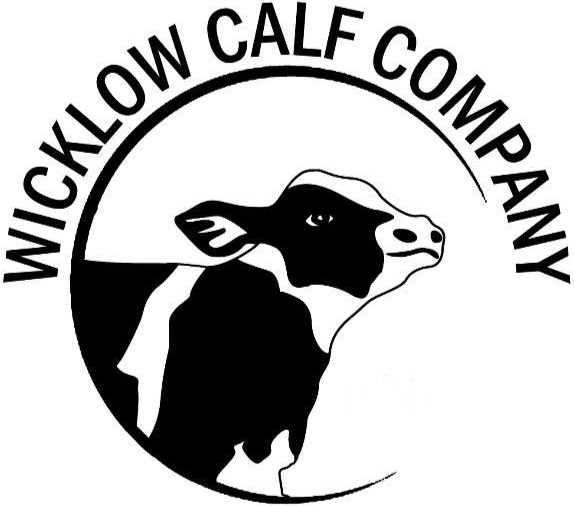Future of live exports will be dealt with at EU level sooner rather than later’
Future of live exports will be dealt with at EU level sooner rather than later’
I would feel that a continuation of live exports, particularly to non-EU countries, will be considered less of an option.”
This is according to Green Party senator Pippa Hackett, who was speaking on RTE Radio 1, about the newly-formed European Parliament committee of inquiry into animal welfare during transport.
Concerns about animal welfare have led the Netherlands, Austria and some states in Germany to halt the export of all live animals outside of the EU.
Hackett, who negotiated for the Green Party on the agricultural elements of the Programme for Government, said: “There were many asks and we set the bar really high for animal welfare across the board.”
The Green Party had sought a ban on the export of live animals outside of the EU during the talks for the formation of the new government, but it was met with strong resistance from Fine Gael and Fianna Fáil.
She said: “The response from Fine Gael and Fianna Fáil was that they are not entertaining any discussion into removing live exports to non-EU countries.”
She believes the future of live exports will be dealt with at a European level “sooner rather than later”.
We as a country pride ourselves on our green image as a food-producing nation and part of that is based around high animal welfare standards.
Speaking on the future of live exports Hackett said:
“It might be considered acceptable now but it probably won’t be considered acceptable as we move into the future and I think we have to be prepared for that.”
‘Irish Farmers Cannot Survive Without Live Exports’
Beef farmer Jim O’Connor from Roscommon said: “The reality is that Irish agriculture and Irish farmers cannot survive without live exports.”
He maintained that the live export market is the “only thing keeping the beef industry afloat at the moment”.
He argued: “The meat plants in Ireland are controlled by three or four main families and the reality is they are coming very close to having a monopoly situation on the market.
We need live exports to have competition in the marketplace and to ensure we have more than one outlet for the stock that we produce.
“If we are in a situation where it is just the meat plants it becomes a situation where we are effectively dealing with a monopoly and we cannot survive with that type of a trading situation,” he concluded.
Article written by William Kellett, Agriland
